Reimagining live events for virtual space – Understanding the new dynamics
As the world moved indoors amid the COVID-19 pandemic and lockdown restrictions, people’s lives moved to the virtual world for all their requirements – work from home; entertainment; online education; keeping in touch with colleagues, clients, friends & family; ordering food, medicines, groceries & essentials online; and much more.
Almost overnight, virtual events have replaced physical events, with both corporate and public events now taking place virtually. The screen has become a predominant touch-point to reach, connect and engage with people during the Lockdown. Education, entertainment, and business meetings have moved to the virtual space and interaction and networking happens via virtual platforms.Adoption of virtual services began with work from home and study from home, with adoption of platforms like Zoom, Microsoft Teams and Google Meet, but as time passed and the Lockdown got extended, these services gained even greater importance.
Also read: Star Plus creates ripple in virtual space with 'Star Parivaar Awards 2011'
Now, there are comedy events, music events, theatre events, and different kinds of workshops that are all conducted via virtual platforms. Technologies are being leveraged to create more realistic 3D virtual experiences by agencies like Event Capital. Times Internet recently launched V-Confex, a virtual event hosting platform.
“Now, Mukesh Ambani is addressing the shareholders meeting virtually, which is something that one of the companies we are associated with, executed for them. There’s a lot of professionalism that has come into organising virtual events,” said Rohit Ohri, Group Chairman & CEO, FCB India.
However, the transition to virtual events has not been smooth. Many live events cannot translate well into virtual events due to many reasons like licensing, technology or technical hurdles. According to Ranjit Raina, CEO, Geometry Encompass, “To create virtual versions of real world engagements, one needs to understand audience behaviour in that environment and then recreate the same experience in the virtual world.”
Janak Vora, CEO, Event Capital, added here, “On the B2B events side, while we are witnessing a huge surge in demand for onlinewebinars, product launches and exhibitions the human interaction and networking element that happens in a live event are not the same in the virtual event.”
Monetisation is also a big challenge as online viewers are not always willing to pay for virtual events. Music festival Sunburn has launched a virtual property called ‘Sunburn Home Festival’. Audiences were able to access top notch DJs playing their tracks either for free or a very nominal price.
Event Capital’s Vora said, “Monetisation in virtual events is almost virtual too. The concept of tickets beingpurchased for virtual events is not even at a growth stage right now. Ticket sales for virtualevents are almost zilch, compared to what we used to see for live events.”
Adding further, he said, “Sponsorship revenue has gone down by almost 90% compared to what used to be possible for live events in India. For both virtual and real-world, sponsorship revenue remains themain pillar of monetisation.”
From a corporate events perspective, FCB’s Ohri remarked, “Not all virtual events are ticketed. A lot of virtual events that client’s ask for like shareholders meetings are not ticketed. For the client, it makes sense because the cost of organising a virtual event falls dramatically as there is no venue booking, rental cost and cost of organising entertainment. The client is happy to invest more in technology and production of the online event so that the experience is close to offline events.”
Speaking about new monetisation models, Geometry Encompass’ Raina observed, “From my conversations with IP owners and people in the know, India is a market where live IPs were predominantly supported by sponsorships. Ticket sales were a much smaller part of the revenue equation. However with virtual events, a lot of input costs have become democratized. For a certain kind of content, I believe a revenue model that is supported mainly by ticket sales will emerge.”
The awareness of technologies to make virtual events more engaging and impactful has risen dramatically. FCB India has partnered with XP&D and Multi TV to launch a virtual experience platform called Be.Live.
Speaking about the platform, Ohri said, “Be.Live is a fantastic platform on which you can experience live events, content and entertainment. We have partnered with the best technology people in the country to enable the creation of impactful online events for clients.”
In this new normal, everyone is taking steps to remain ahead of the competition. “At Event Capital, we have leapt forward into the virtual events space with quick aggression. In the last 60 days, we hosted two of our respected and prestigious IPs in the virtual world - the India Event IP Conclave and the Edutainment Show,” said Vora.
Adding further, he said, “Looking ahead, our most ambitious virtual event yet is taking place in August – the WindMill Festival Virtual Funtown. We are building a digital fun town for kids in the 0-14 age bracket, complete with a 3D gamified event experience. This will be one uniqueevent.Between now and the year-end, we have a plan to launch at least 3-4 more virtual events with high-end tech integration.”
Experts agree that once the pandemic comes under control, event management companies will be raging to restart on ground events once again. However, Raina believes that this is when we will see the evolution of phygital events. He observed, “People will always pay for an experience that they feel is special. The question is how much and the size of audience one can reach. ‘Hamilton’ on Broadway is a $200 experience, but you can’t expect people to pay the same for an online event. However, you have a significant audience that will watch it online. Will they pay more if it was live? That’s the question that intrigues me.”
“I have been part of the big virtual event which actually spanned 6 countries. It was an entertainment programme created for victims of the Amphan cyclone in Kolkata. Over a thousand people tuned into the virtual event to listen to music, poetry and it was a grand success,” shared Ohri.
He added, “The experience of an offline event is always greater than an online event. However, the future will be a mix between offline and online as many companies appreciate the timing and cost efficiency of doing an online event.”
While some parts of the live events business will permanently move to the virtual space, a hybrid model emerging post Lockdown has been posited by most experts. The question remains whether viewers will be willing to pay for virtual events in the right package.
Geometry Encompass’ Raina believes we need to reimagine live events for the virtual space. “When we replace the real world with a virtual setting, we need to understand the dynamics of that new world,” he signed off.







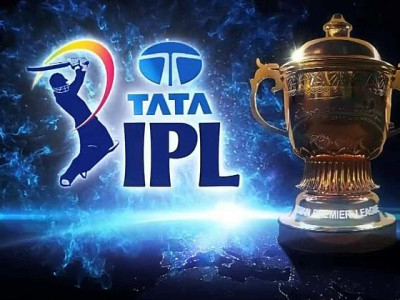
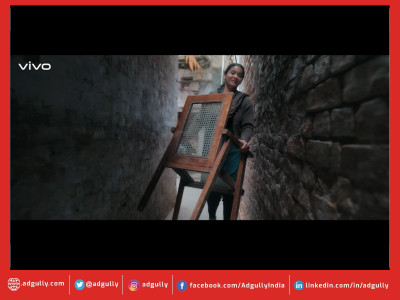

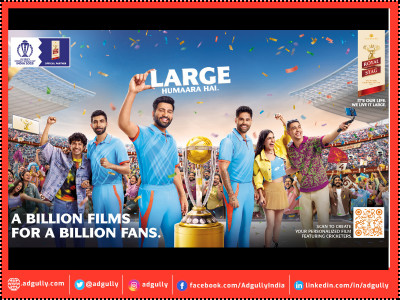
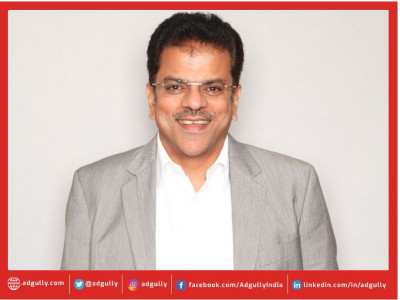
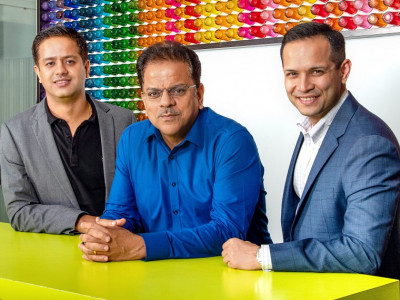

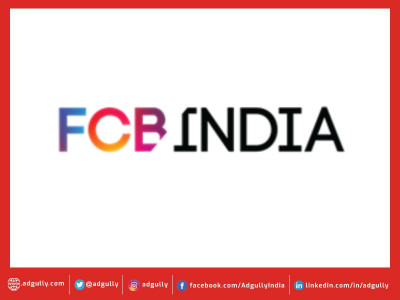
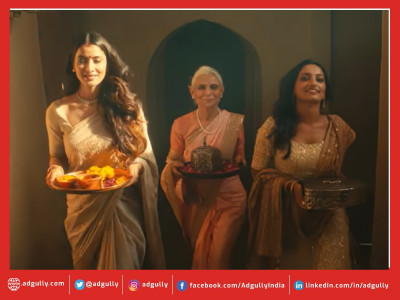

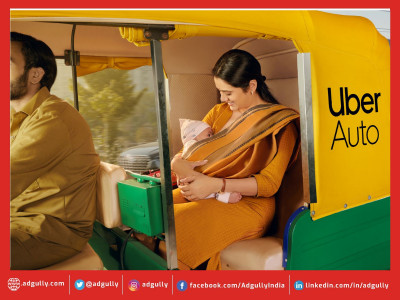


Share
Facebook
YouTube
Tweet
Twitter
LinkedIn